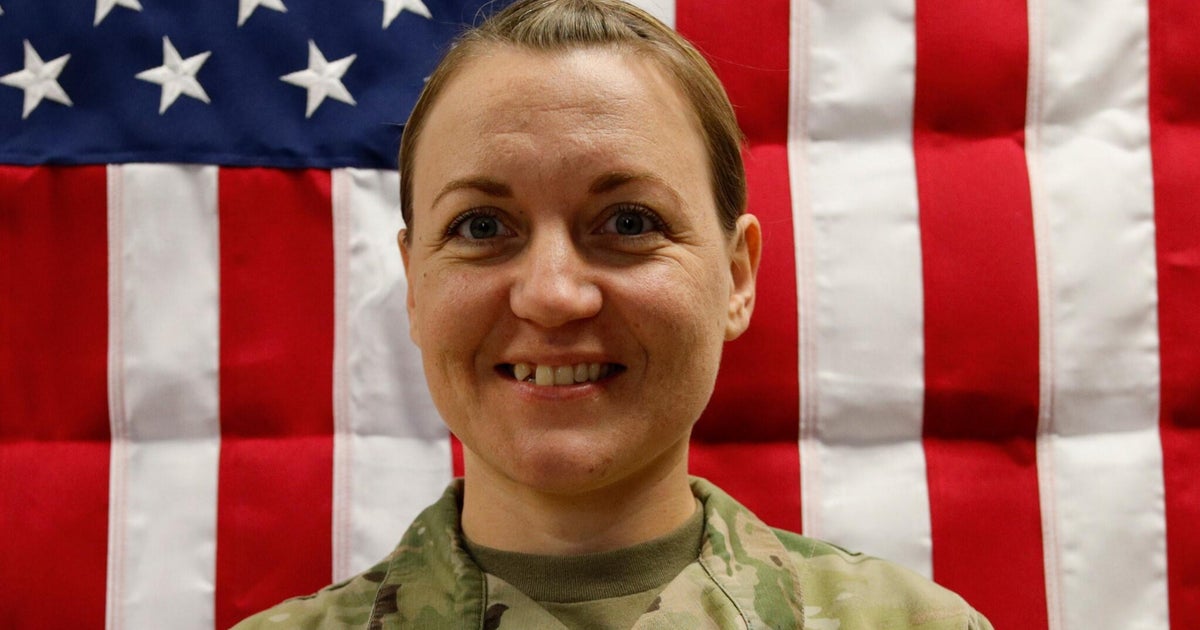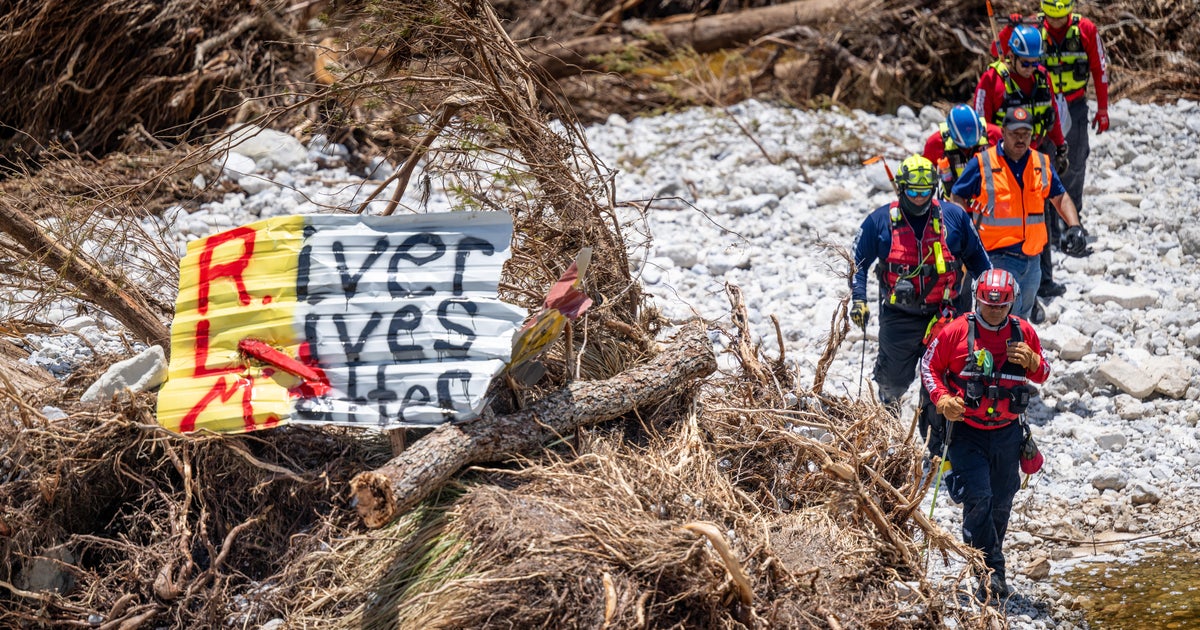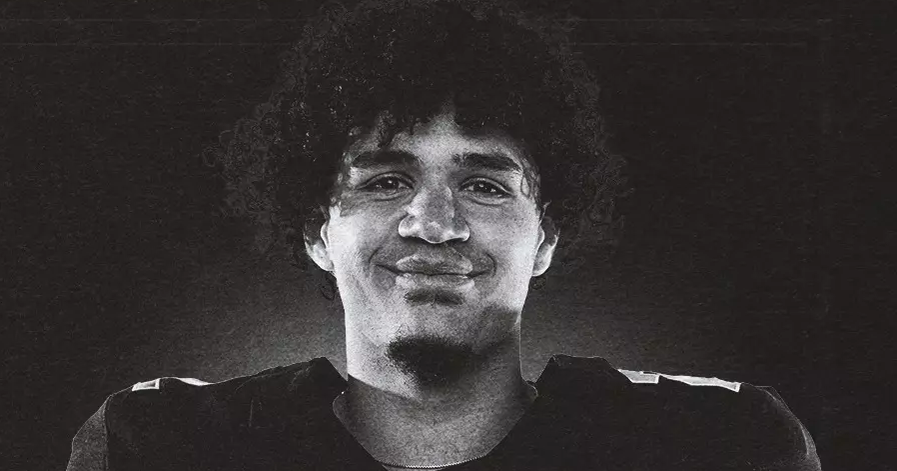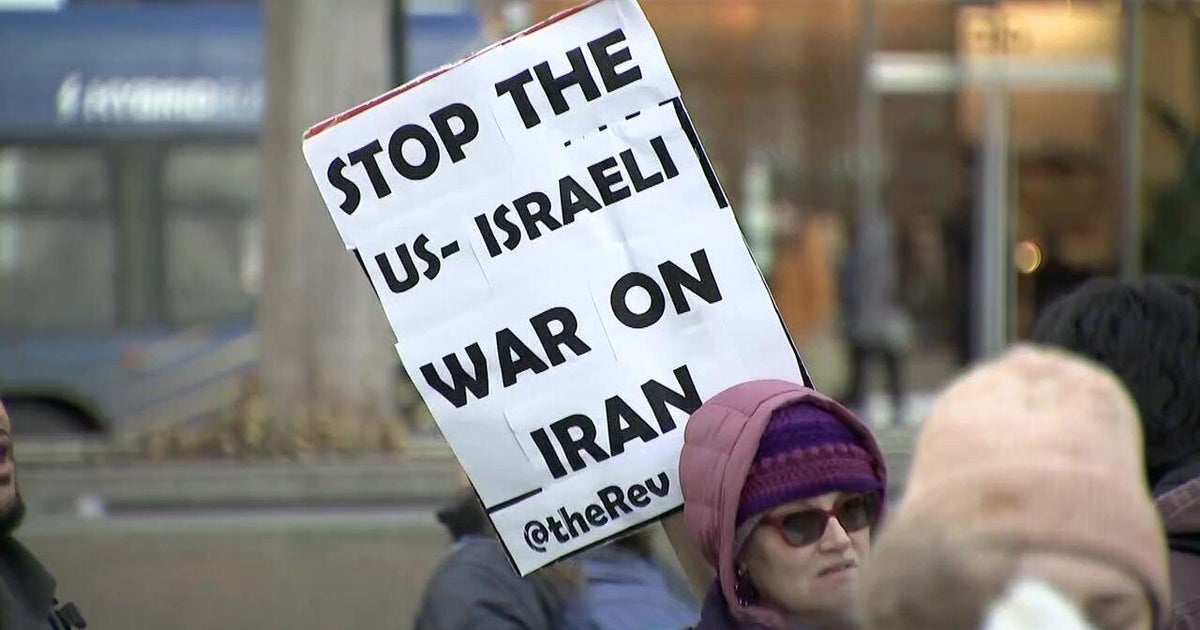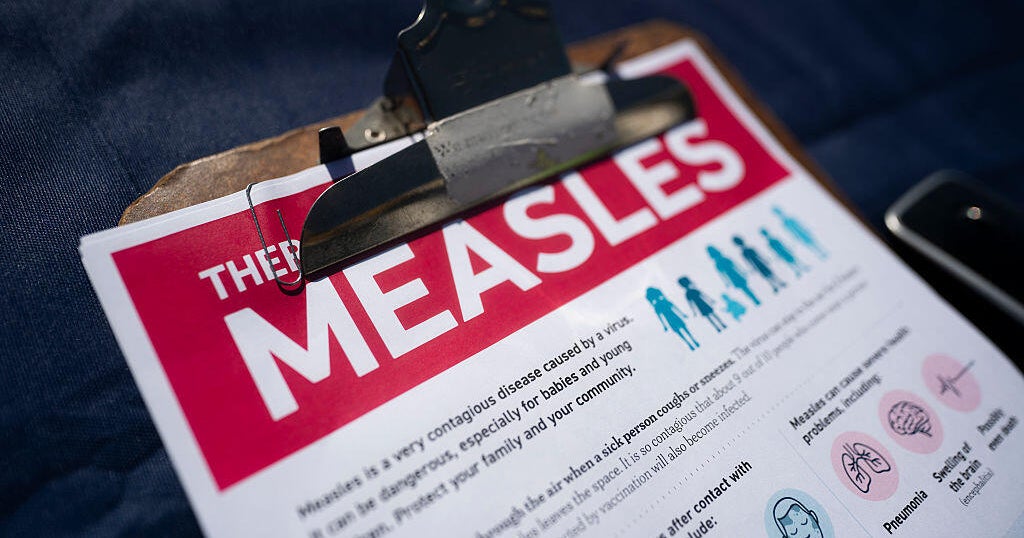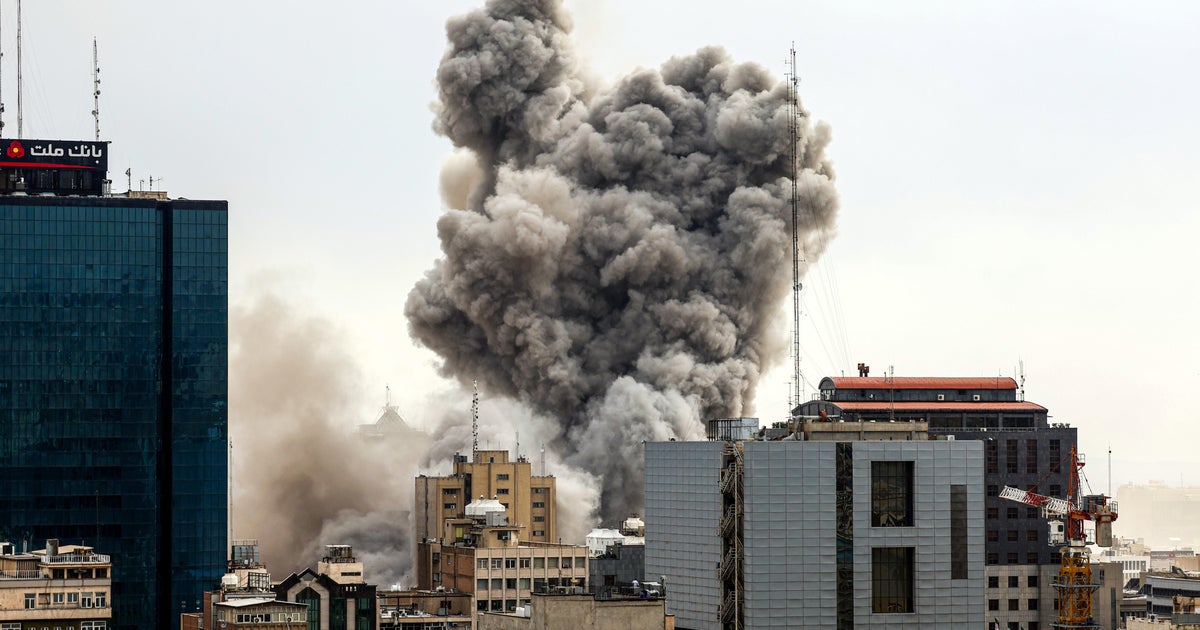Haitian Presidential Candidates Campaign In Fla.
More than 400 Haitian-Americans gathered at a South Florida university Sunday hoping to hear how a handful of Haiti's presidential candidates would rebuild their Caribbean homeland.
But they also were skeptical that anything in Haiti would change after the Nov. 28 election, because so little has been accomplished since a catastrophic earthquake in January. More than 1.5 million people remain homeless, and just a fraction of the $1.15 billion pledged by the U.S. for reconstruction has been sent. Meanwhile, a cholera outbreak that began last month has killed more than 917.
"I would love to see the country prosper, especially during this time when there's so much investment," said Miami-born Jeffy Mondesir, a 33-year-old restaurateur. "I'm here to see what the future holds for Haiti."
All 19 of Haiti's presidential candidates were invited to the forum at Florida International University to outline their platforms for health care, education, reconstruction and the judicial system.
Three showed up: Gerard Blot, Garaudy Laguerre, and former first lady Mirlande Manigat. A fourth, Charles Henry Baker, participated by satellite.
Haitian-Americans can't vote in the Nov. 28 election, but many feel entitled to participating in the campaigns because their financial support is so critical. Haitians living abroad sent home more than $1.6 billion last year, according to the Inter-American Development Bank. Even before January's earthquake, remittances were a major source of income in a country where 70 percent of the population is unemployed.
So, many of Haiti's candidates have been campaigning and fundraising in the large Haitian communities of Miami, Boston and New York. About 830,000 Haitians live in the U.S., almost half of them in Florida, according to 2009 U.S. Census estimates.
At a similar forum last month at Eckerd College in St. Petersburg, Haiti's Minister of Haitians Living Abroad, Edwin Paraison, urged the candidates to outline their plans for working with the Haitian Diaspora, because they effectively vote with their checkbooks.
Max Janty, a 41-year-old engineer who left Haiti in 1987, said he didn't think the money flowing to Haiti's elections was well spent, especially with so many people living under tents in Port-au-Prince.
The candidates "only see us as a milk cow. They come here and get our money and go over there and do whatever they want to do," said Janty of Miami. "I have no idea why they come here. I appreciate the fact that a group of people were able to pull them together and talk to us, but I don't see what we can do for them besides offering our money."
The debates organized in the U.S. are something new as Haitian-Americans seek a larger role in the rebuilding of their homeland, say observers of Haitian politics. Most of the candidates have said they would consider offering Haitian-Americans dual citizenship, which is not allowed under the current constitution.
In courting Haitian-Americans for campaign donations, the candidates are also seeking access to people who could lobby U.S. officials on issues that affect Haiti, wrote Chantalle Verna, a Haiti specialist at FIU, in an e-mail.
"This call (for dual citizenship) is based, not only on the idea that their funds give them the right to inform the process; but, it is especially driven by an assumption that individuals who reside abroad are best informed about Haiti's present-day needs," Verna.
The debates and stateside campaigning also acknowledge the Diaspora's use of social media, which was not a factor in Haiti's 2006 presidential election, said Robert Fatton Jr., a Haiti expert at the University of Virginia. That year, President Rene Preval, a shy and soft-spoken agronomist, won without having to say much in public.
"This campaign is somewhat different because you have the use of all kinds of media technology, Facebook and Twitter," Fatton said. "But again, the people who are getting that information are not voting. The vast majority of Haitians don't have access to computers."
The FIU forum also was broadcast live online. Magalie Theodore, who organized the forum with New York-based Friends of Haiti 2010, said it was important for Haiti's presidential candidates to reach Haitians displaced by the earthquake and other disasters, because they may want to return home later.
(© 2010 CBS Broadcasting Inc. All Rights Reserved. This material may not be published, broadcast, rewritten, or redistributed. The Associated Press contributed to this report.)


